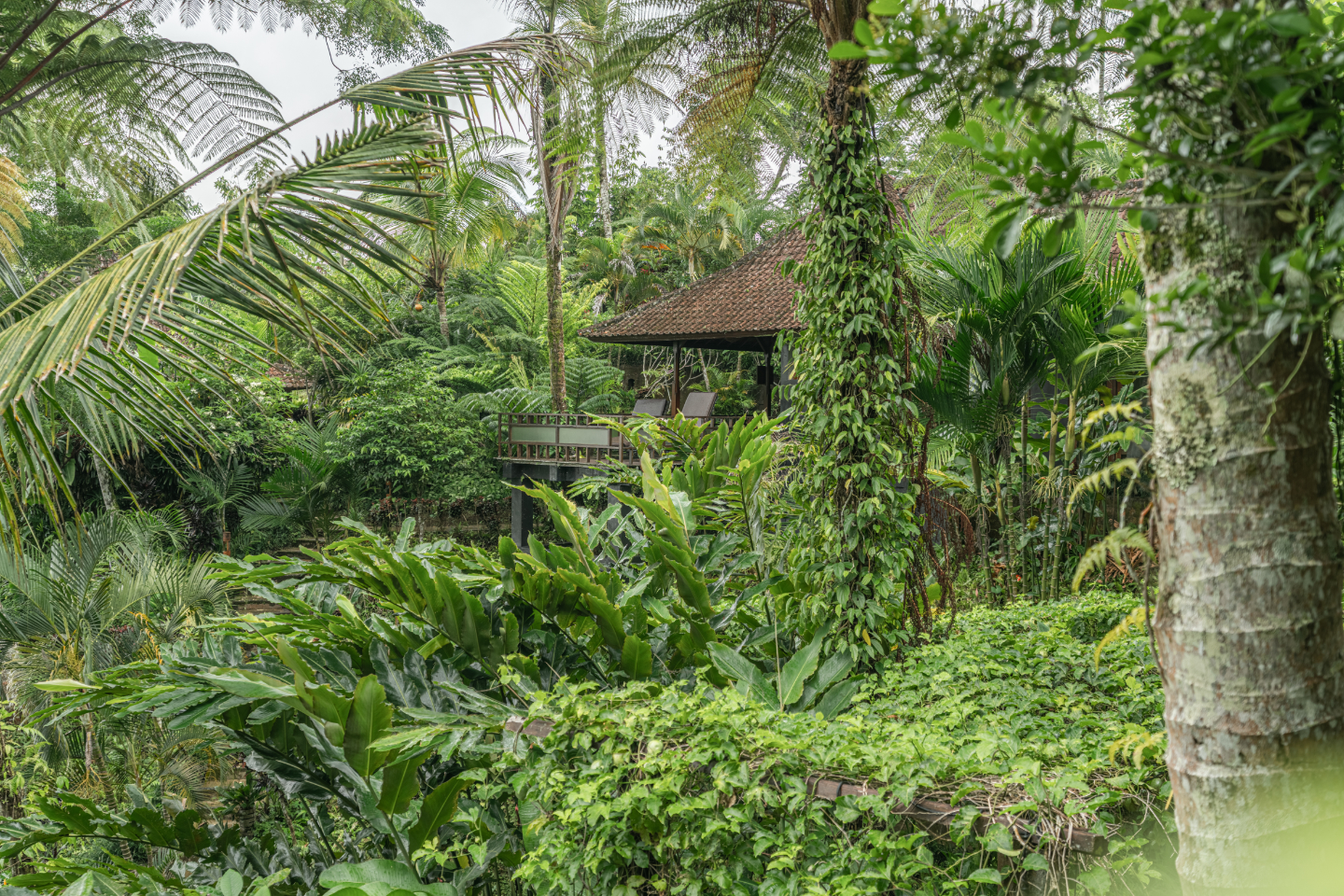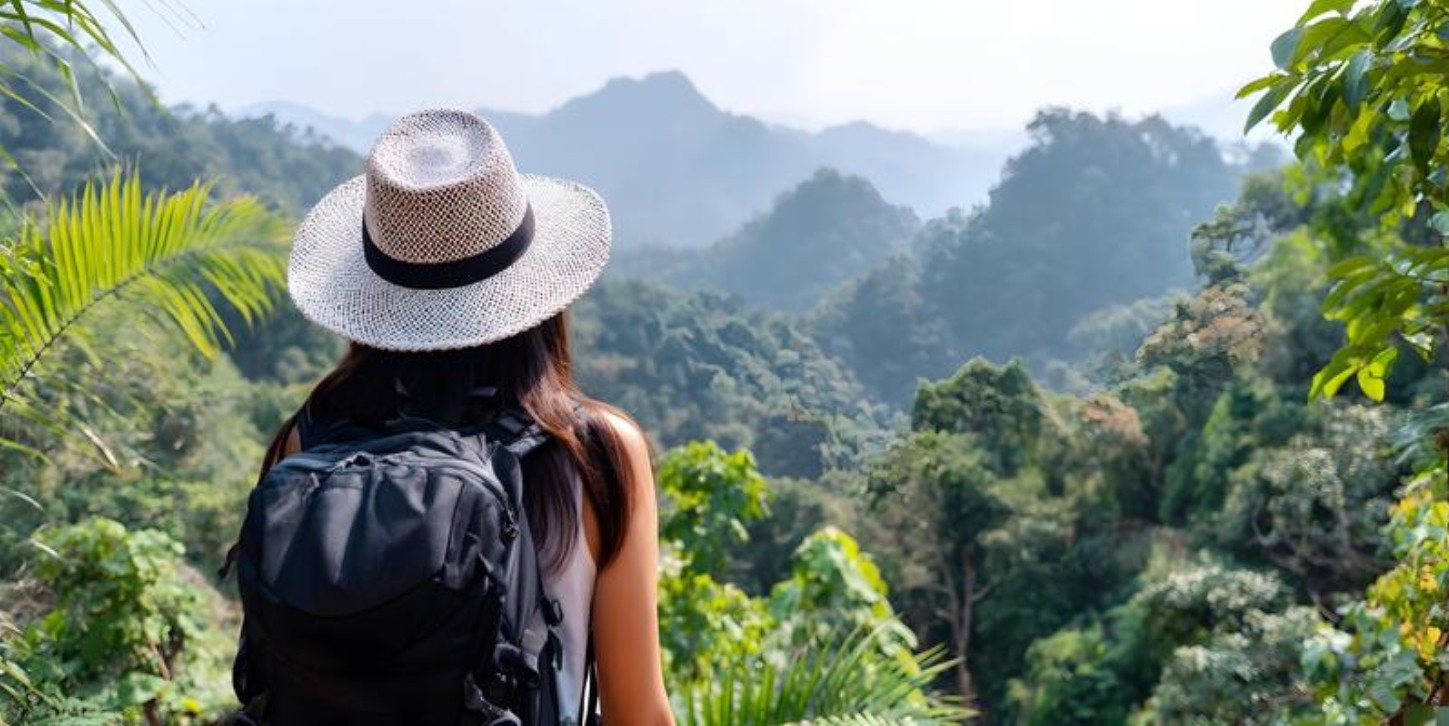In recent months, Bali has faced some of the most severe floods in its history—rivers overflowing, homes swept away, and communities left vulnerable.
These floods are not just acts of nature; they are a reflection of choices. Choices made without balance, without foresight, and without respect for the land that sustains us.
The Cost of Ignoring Nature
Over the past decade, unchecked development has eroded much of Bali’s natural resilience. Forests once rich with biodiversity have been cleared for quick-profit projects.
Rice fields and waterways—nature’s own drainage systems—have been paved over. The result is predictable: when heavy rains fall, there’s nowhere for the water to go.
The lack of proper infrastructure, weak enforcement of zoning laws, and disregard for traditional water management systems like subak have all contributed to the crisis. These floods are not isolated incidents—they are warnings from the island itself.

Rethinking Investment : From Short-Term Gain to Long-Term Harmony
Sustainable investment isn’t just a trend—it’s a necessity. Investors, developers, and communities must ask not how much can be built, but how well.
True sustainability means designing with nature, not against it—preserving forest cover, respecting waterways, and integrating traditional wisdom into modern planning.
Culturally sensitive, environmentally conscious development protects not only the land but also the spirit of Bali—the harmony of people, nature, and the divine known as Tri Hita Karana.
Alassari Sanctuary : A Living Example
Amid these challenges, there are places that offer hope. Alassari Sanctuary, nestled in Bali’s lush highlands, stands as a testament to what sustainable investment can look like.
Here, the forest is not cleared—it’s protected. Villas are built in harmony with the land, using natural materials and traditional craftsmanship. Waterways flow freely, shaded by ancient trees. Every element of Alassari reflects respect for nature, culture, and community.
This isn’t just luxury—it’s responsibility. It’s proof that development can uplift rather than destroy, sustain rather than consume.

The Path Forward
Bali’s future depends on a shift in mindset. Sustainable investment must become the rule, not the exception. By prioritizing ecological design, cultural integrity, and local partnerships, we can create spaces that thrive for generations—not just fiscal quarters.
The floods are a reminder—but Alassari is a vision. A vision of how balance can be restored when we build not just for profit, but for purpose.
Sustainability is no longer optional—it’s survival. And in places like Alassari, we see that when we honor nature, nature shelters us in return.

